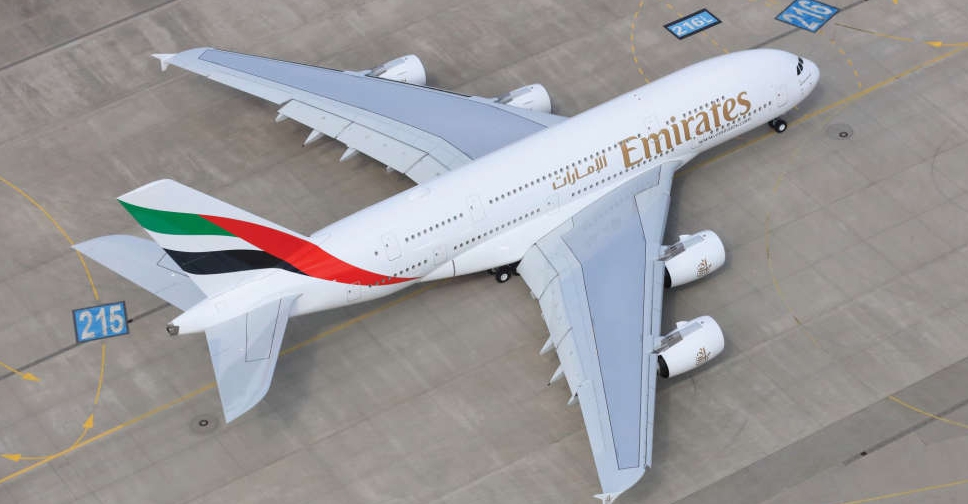
Oil exporting countries that lost almost $1 trillion of revenue because of the worst market rout in a generation aren’t out of the woods yet. Even as prices have partly recovered, oil-dependent countries will continue to make fiscal adjustments because the crash forced major changes in expenditures, curbed needed investment and led to tough choices to cope with the shock, Greg Jensen, Whitney Baker and Anthony DeLuise said in Bridgewater Associates LP’s “Daily Observations” note to clients on Tuesday. About a third of the loss was met by spending cuts, while the remaining two-thirds was replaced by drawing down reserves and raising debt. Deficits are starting to narrow but remain large because most of these countries need oil between $70 and $80 a barrel to break even, according to the authors. Countries with floating exchange rates such as Russia and Mexico were able to benefit from the depreciation that accompanied the fall in prices. The purchasing power of dollar income in local currencies increased, curbing the impact of any contraction. Saudi Arabian Oil Co.’s plans for the world’s largest share sale are likely to be "the most important market event" going forward, according to the report. The sale will have global implications as investors sell assets to participate and Saudi Arabia diversifies. The company is targeting the second or third quarter of 2018 for the initial public offering. (Mark Shenk/Bloomberg)

 Disney agrees to pay $10 million to resolve alleged child privacy law violations
Disney agrees to pay $10 million to resolve alleged child privacy law violations
 Sharjah Crown Prince discusses energy strategy with UAE Minister
Sharjah Crown Prince discusses energy strategy with UAE Minister
 Dubai’s Saddle Café opens outlet in Courchevel, French Alps
Dubai’s Saddle Café opens outlet in Courchevel, French Alps
 UAE leads high-level delegation to Egypt for CEPA negotiations
UAE leads high-level delegation to Egypt for CEPA negotiations
 Sharjah Ruler approves 2026 general budget of AED 44.5 billion
Sharjah Ruler approves 2026 general budget of AED 44.5 billion




